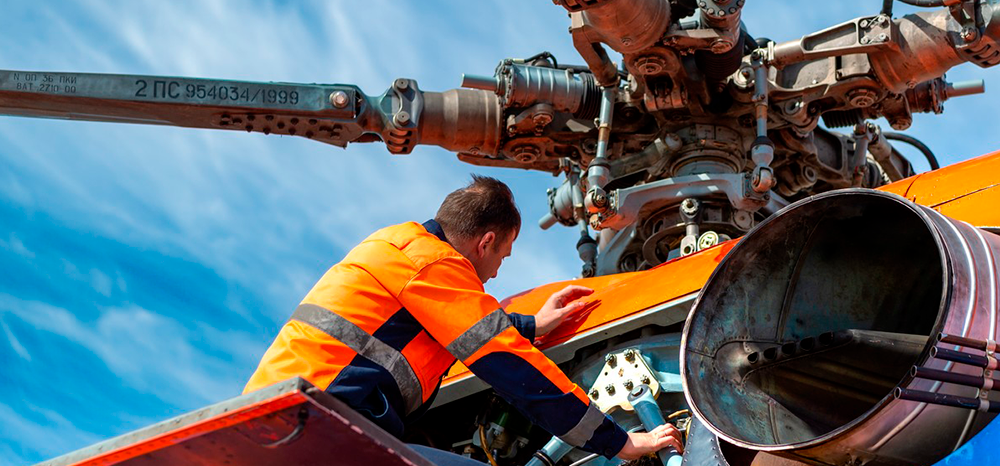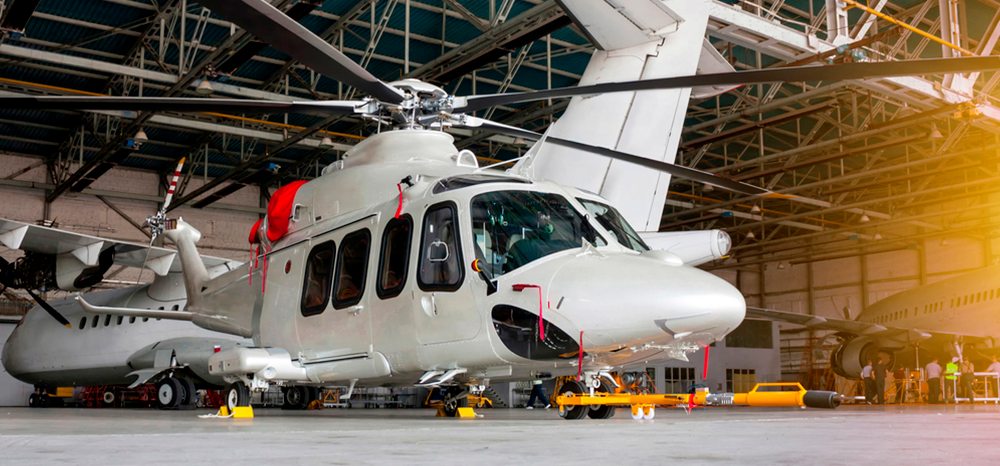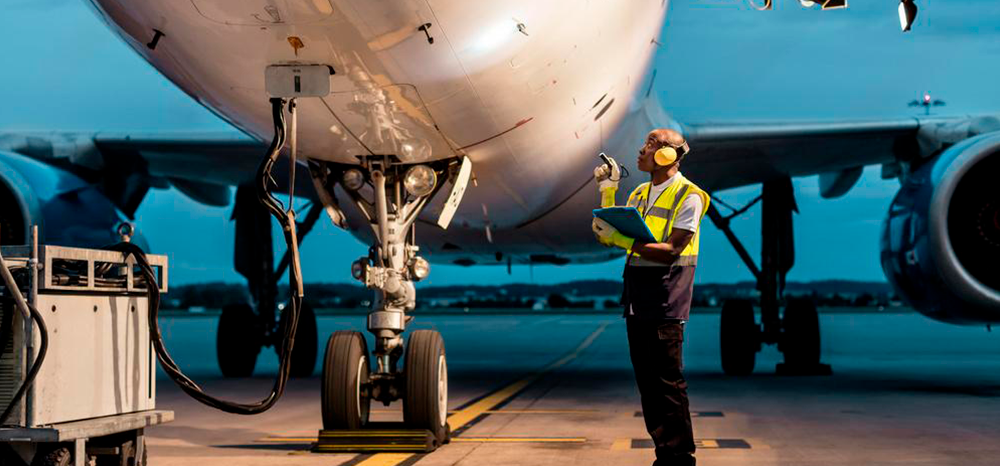Aircraft maintenance and repair processes, while essential to ensuring safety in the air, inevitably have an environmental impact. Activities such as aircraft cleaning, component repairs, and waste management can release chemicals and pollutants into the environment. Furthermore, the consumption of energy and water during maintenance processes contributes to the aviation industry’s carbon footprint.
To mitigate the environmental impact of aircraft maintenance, operators and maintenance service providers are implementing various strategies. One key approach is the adoption of cleaner and more efficient technologies, such as equipment for cleaning and repairs that generate less waste and consume less energy. Additionally, optimizing maintenance processes can reduce aircraft downtime and, consequently, decrease the number of flights needed to meet schedules.
Another crucial strategy is the sustainable management of waste generated during maintenance. This includes the segregation, recycling, and proper disposal of hazardous waste, such as oils, solvents, and composite materials. Maintenance companies can also collaborate with suppliers that offer environmentally friendly products and services, such as eco-friendly paints and coatings.
Environmental sustainability is an increasingly important goal for the aviation industry. By implementing more sustainable maintenance practices, aircraft operators can reduce their carbon footprint, enhance their brand image, and contribute to a more sustainable future. However, achieving meaningful and lasting transformation requires a concerted effort across the entire industry—from aircraft manufacturers to maintenance service providers.
At FES, we understand that sustainability is not an option but a necessity. We work closely with our partners to implement responsible practices aligned with global sustainability objectives. Together, we can drive a more efficient and environmentally respectful aviation industry.














